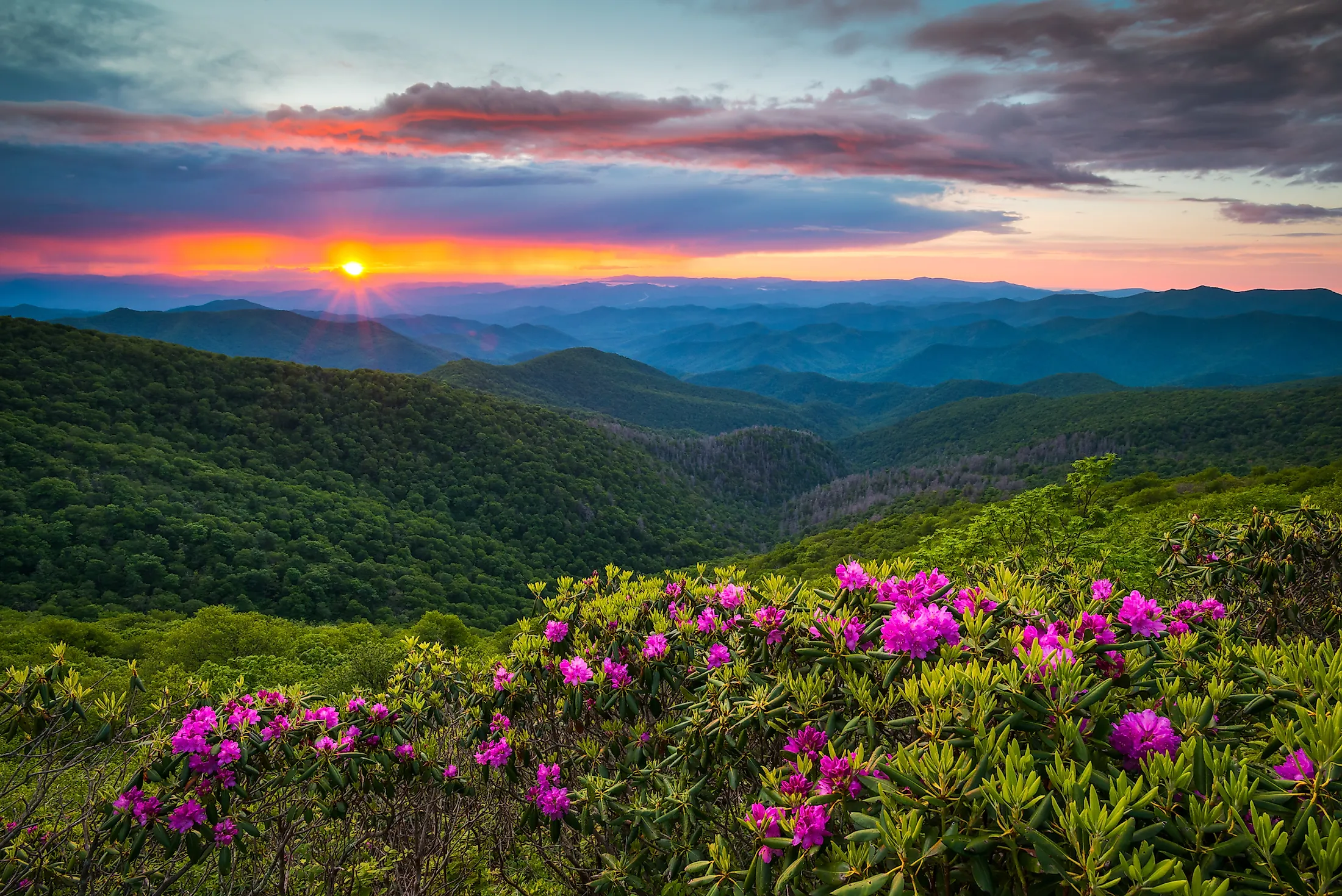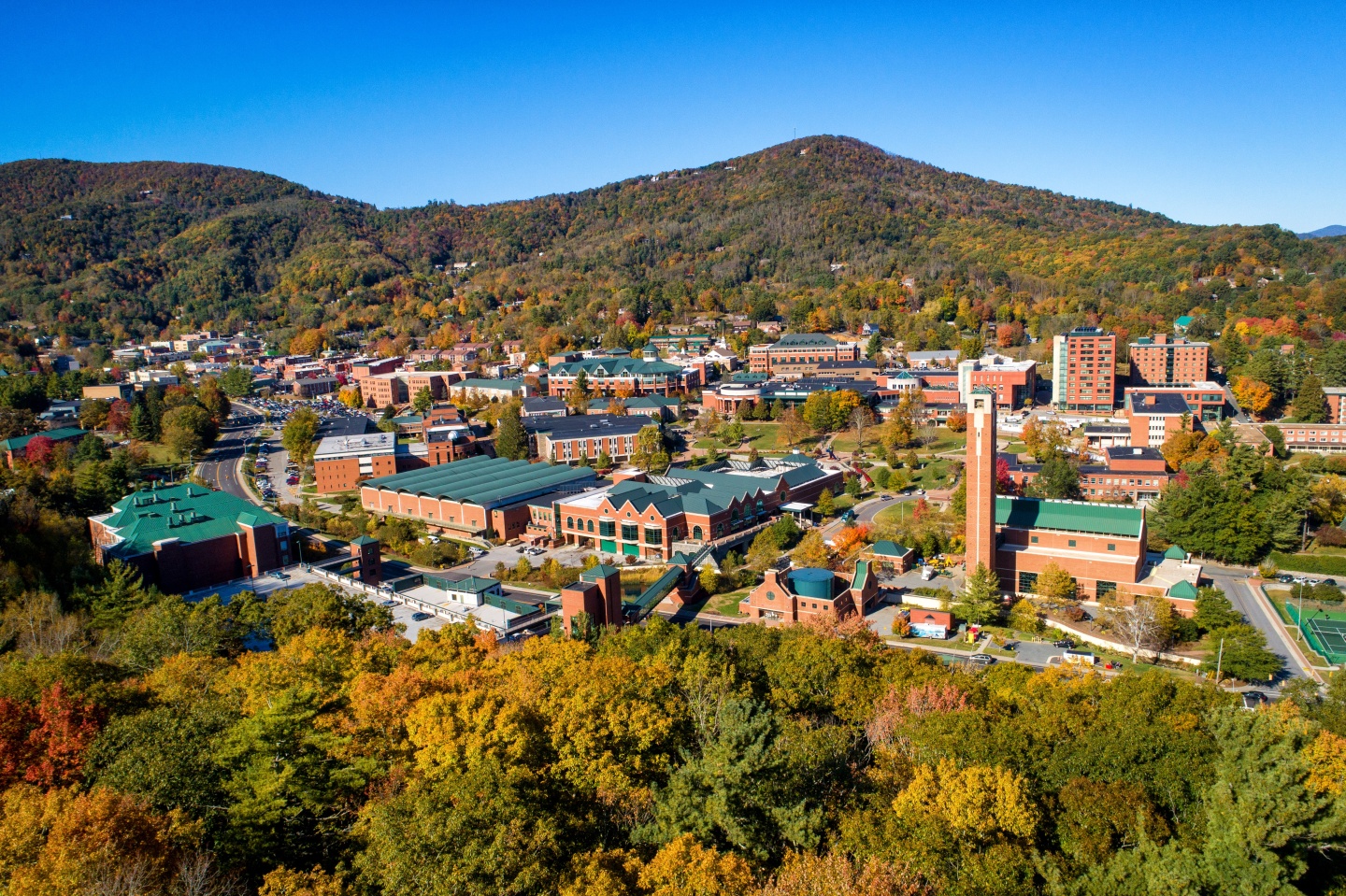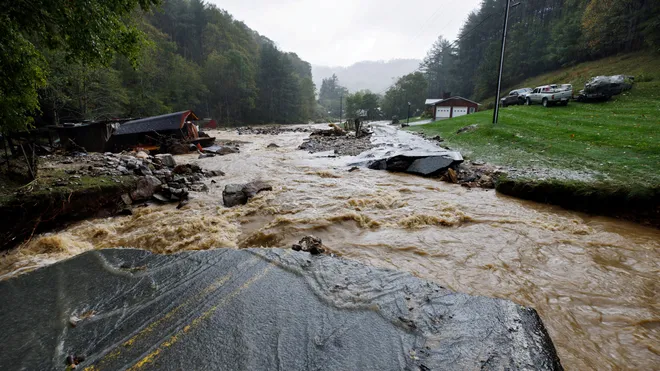For many North Carolinians, the mountains are more than just a beautiful backdrop of our state—they are a part of our very identity. Nestled in trees, the western North Carolina is the soul of our diverse landscape, standing tall and proud, bearing witness to our history and heritage.
These majestic peaks have faced devastating impacts from Hurricane Helene, and it is our duty to rally together and help these lands and amazing people recover. This is a call to all North Carolinians to remember why our mountains matter and how we can ensure their future for generations to come.

Why the North Carolina Mountains Are Important to All of Us
The NC mountains are not just a collection of scenic views and tourist destinations; they embody the essence of what it means to be a North Carolinian. Here are a few reasons why these mountains are so dear to us:
1. A Refuge of Natural Beauty and Biodiversity
The North Carolina mountains are home to some of the most biologically diverse ecosystems in the United States. The Blue Ridge and Smoky Mountains provide a sanctuary for countless species of plants and wildlife, many of which are found nowhere else on Earth. Towering trees, pristine rivers, and the symphony of birds and wildlife are all testaments to the mountains’ natural wonders. This region also boasts one of the highest concentrations of waterfalls in the country, with over 250 cascading falls dotting the landscape. The ecosystems here are delicate and invaluable, supporting not only wildlife but also the people and industries that rely on their bounty.
2. A Cultural and Historical Legacy
For generations, the North Carolina mountains have been a cultural haven. From the rich traditions of the Cherokee people, who first called these lands home, to the early European settlers, the mountains have been a source of inspiration and sustenance. The area is also a hub for Appalachian music, crafts, and folklore, preserving traditions that are central to the state’s identity. Many of the small towns that dot the mountains are living museums, filled with historic architecture, artisan communities, and age-old stories passed down through generations. The NC mountains are a bridge between past and present, allowing us to stay connected to our roots.
3. A Haven for Adventure and Recreation
The mountains are a playground for outdoor enthusiasts. Whether it’s hiking the Appalachian Trail, kayaking down the French Broad
River, or skiing in the winter months, the NC mountains offer year-round recreational activities for all ages. For North Carolinians, these outdoor adventures are not just hobbies—they’re a way to recharge, reconnect with nature, and enjoy time with family and friends. The health benefits, both mental and physical, of having such an accessible natural landscape cannot be overstated.

4. A Vital Economic Engine
The mountain region is a critical component of North Carolina’s economy. Agriculture, tourism, and forestry are just a few industries that thrive here. Farmers and small business owners depend on the fertile valleys and flowing rivers to cultivate everything from Christmas trees to apples, while tourism helps to sustain local businesses and jobs. From Asheville’s bustling arts scene to Boone’s mountain charm, these towns not only attract visitors but also contribute to the economic fabric of our state. The mountains’ health is directly tied to the prosperity of North Carolina.
5. A Hub for Education and Innovation
Western North Carolina is not just a natural wonder, but also a beacon of education and intellectual growth. The region is home to several universities and colleges, which provide education, research, and cultural enrichment to the area and beyond. Institutions like Western Carolina University (WCU), located in Cullowhee, and Appalachian State University (App State) in Boone, and the University of North Carolina – Asheville (UNC-A) serve as pillars of higher learning and innovation in the mountains.

The Impact of Hurricane Helene
In the wake of Hurricane Helene, the NC mountains have faced so much destruction. Landslides, flooding, and wind damage have affected countless communities, destroying homes, businesses, and natural habitats. The storm has uprooted trees, washed away roads, and damaged the very infrastructure that allows us to access these beautiful areas.
For many rural communities in the mountains, the recovery process is daunting. Farmers have lost crops, families have lost their homes, and businesses are struggling to get back on their feet. While the resilient spirit of the mountain people remains unbroken, they need our help now more than ever.

How We Can Support Recovery Efforts
If we want to see our beloved NC mountains restored to their former glory, we must take action. Here are several ways we can support recovery efforts and ensure that these lands continue to thrive:
1. Donate to Relief Organizations
Numerous local and state-wide organizations are working tirelessly to support recovery efforts. Consider donating to groups such as the North Carolina Disaster Relief Fund, which provides direct assistance to families and businesses affected by Hurricane Helene. Many non-profits are also focused on ecological restoration, helping to repair the damage to forests, rivers, and wildlife habitats.
2. Volunteer Your Time
Volunteers are needed to help with everything from clearing debris to rebuilding homes. Whether you’re skilled in construction or simply willing to lend a hand, there are plenty of opportunities to contribute. Habitat for Humanity and other local organizations have been mobilizing volunteers to assist in rebuilding efforts. Even a weekend spent volunteering can make a significant difference in helping families get back on their feet.
3. Support Local Businesses
The mountain economy is largely driven by small, local businesses, many of which have been hit hard by the storm. Consider shopping local...check to see if they have an online option, too—whether that’s buying handmade crafts from artisans, dining at local restaurants, or booking stays at mountain lodges. Every dollar spent helps to fuel the recovery and sustains the community during these difficult times.
4. Advocate for Environmental Conservation
As we work to rebuild, it’s important to also protect the natural environment that makes the NC mountains so special. Supporting
initiatives that focus on sustainable land management, reforestation, and climate resilience will help prevent future damage. Getting involved with local conservation efforts, such as those led by the Southern Appalachian Highlands Conservancy, can make a lasting impact on the region’s health.
5. Spread the Word
Sometimes, the simplest action we can take is to raise awareness. Share the stories of those impacted by Hurricane Helene. Use your voice to highlight the importance of recovery efforts, whether through social media, community meetings, or local news outlets. By keeping the conversation going, we ensure that the NC mountains remain a priority for all North Carolinians.
Our Mountains, Our Responsibility
The North Carolina mountains are more than just a place—they are a living testament to the beauty, resilience, and heart of our state. As we work together to recover from the devastation of Hurricane Helene, let us remember what these mountains mean to us and why we must fight for their future. The path to recovery may be long, but with unity, compassion, and action, we can help the NC mountains rise again.
Let’s honor the mountains, not just in word, but in deed, ensuring that they remain a place of beauty, history, and hope for generations to come.



